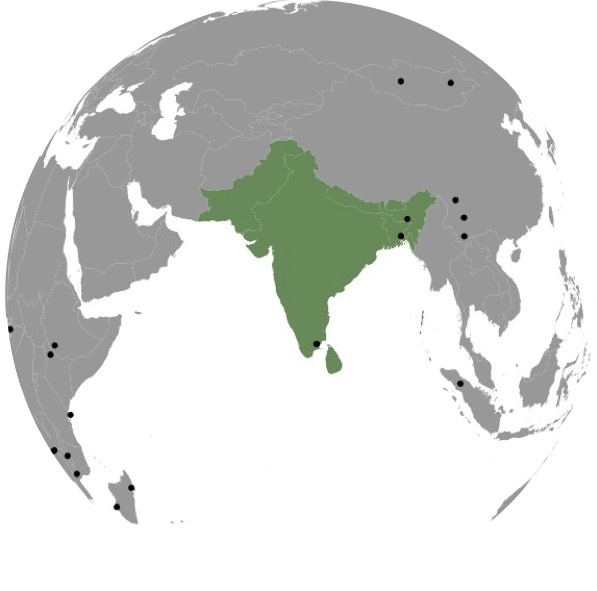Project Background

This project grows out of Dr. Power’s earlier fieldwork and research in Tamil Nadu. In an earlier paper “When Does Reputation Lie: Dynamic Feedbacks Between Costly Signals, Social Capital and Social Prominence” written with colleagues Marion Dumas and Jessie Barker, she presented the idea of a “reputational poverty trap,” drawing on some ethnographic illustration and then formalising this with analytic and agent-based models.
The aim of Rep²SI is to explore these dynamics further, taking a comparative and mixed-methods approach. We focus primarily on South Asia, but also look to other communities around the world to see how these dynamics vary in different sociocultural settings. We are collaborating with members of the ENDOW project, a US NSF-funded project that has a large team of anthropologists gathering demographic, economic, and social network data in communities around the world.
You can read the original project proposal below: